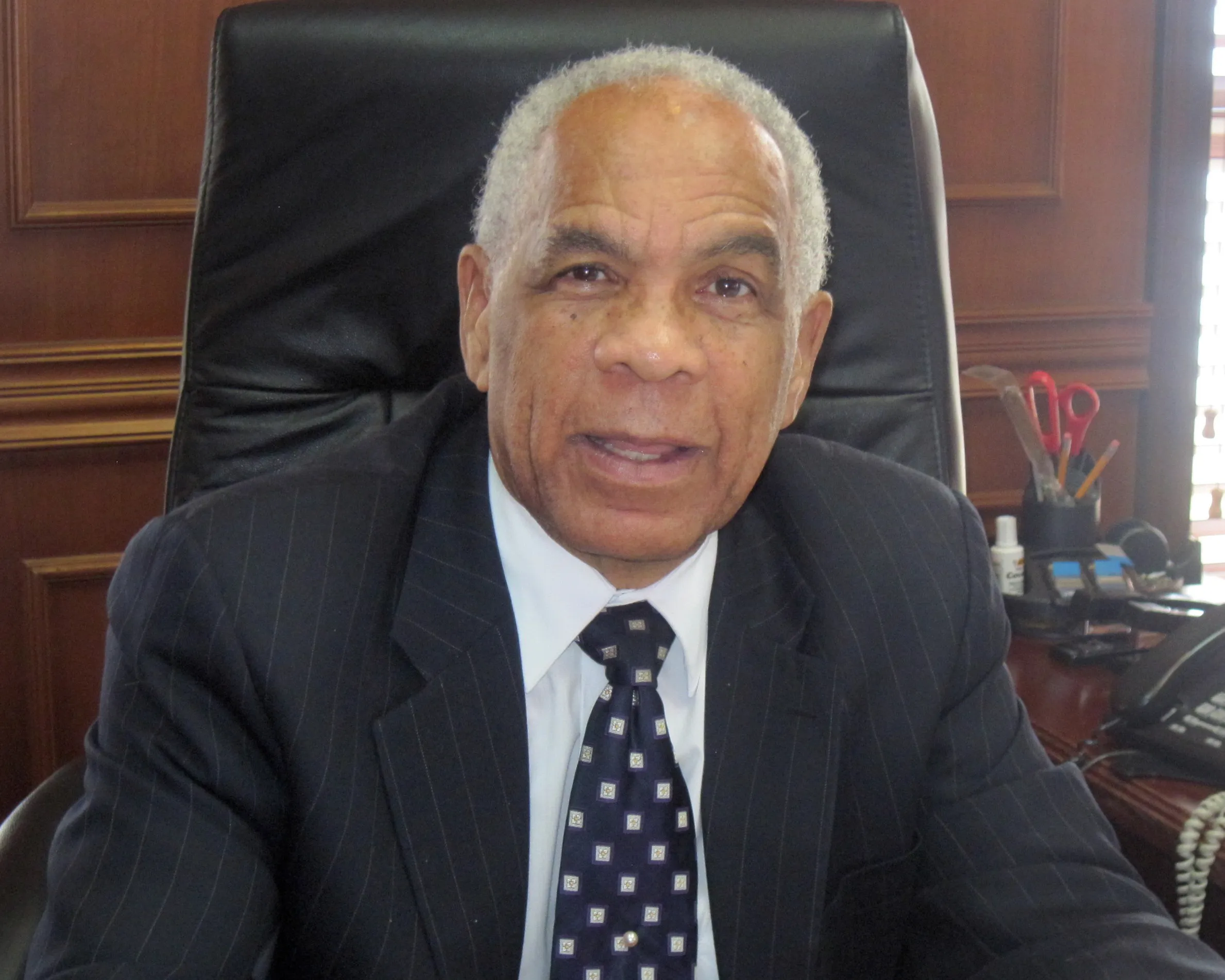The Ministry of Transport, Works, and Housing of Jamaica is the first recipient of the "IRF Decade of Action Find A Way” Award, an annual competition instituted by IRF Washington Chairman Abdullah Al-Mogbel to recognises outstanding personal commitment to safer roads by national, regional, or city government. Under the leadership of Dr Omar Davies, the ministry has overseen an ambitious regulatory overhaul and infrastructure improvement program within the framework of the national “Save 300 Lives” campaign
July 20, 2012
Read time: 2 mins

The
There is no room for complacency when lives are at risk", notes IRF president & CEO Patrick Sankey "If something is important to you, you'll find a way. If something is not important to you, you'll find an excuse. Our new award recognises those policy-makers who made change happen."
"Jamaica's decision to phase out deadly non-crashworthy terminals on steel and concrete longitudinal barriers is a source of inspiration for all nations across the Caribbean and Latin America regions", added Sankey. "We are proud our work has helped to make Jamaica's roads safer for its motorists.”









